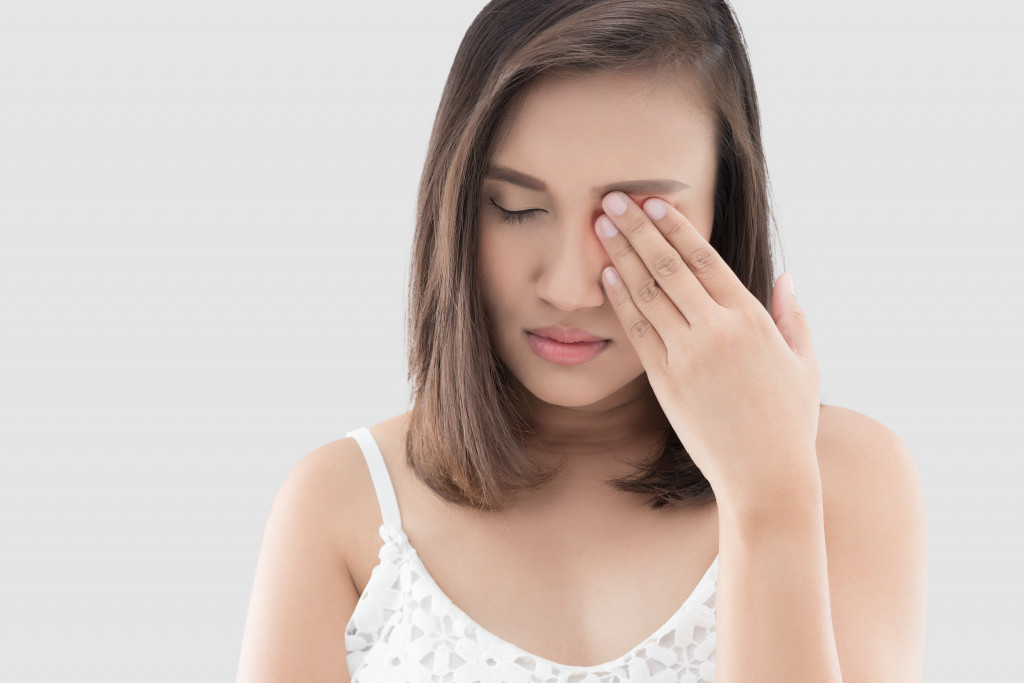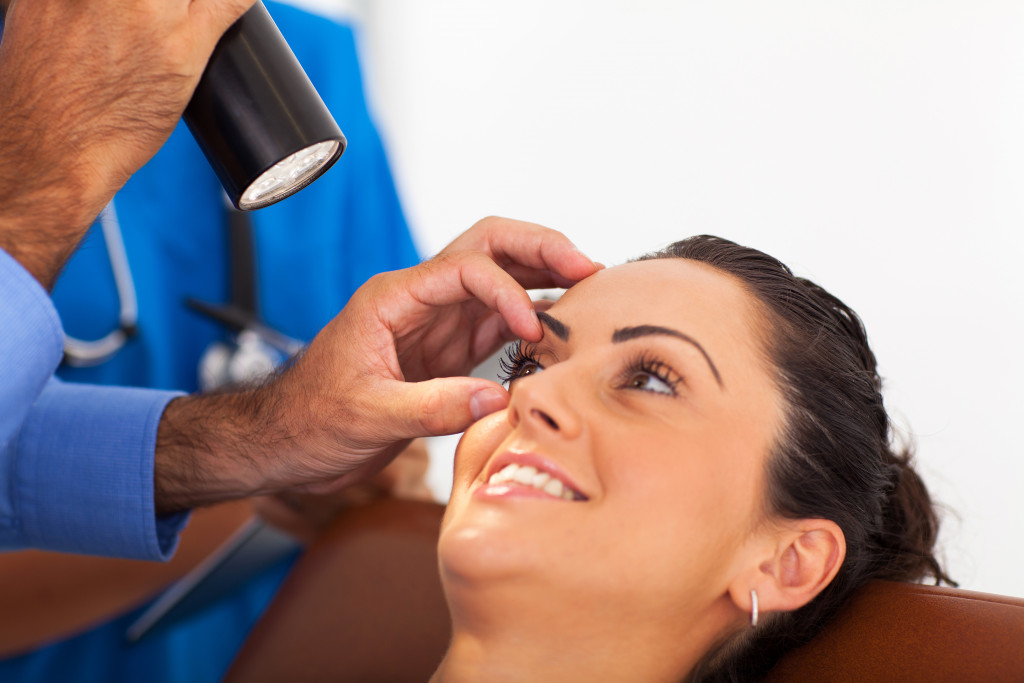- Approximately 12 million Americans, 40 years and older, suffer from vision impairment, a number expected to double by 2050.
- Poor vision can significantly impact safety, education, mental health, professional life, and social interactions.
- Regular eye exams, eyewear, contact lenses, and eye surgeries effectively deal with poor vision.
- Lifestyle changes like a healthy diet, quitting smoking, and reducing screen time can help improve vision.
- Supporting vision charities can significantly aid those with visual disabilities and advance eye disease research.
Vision plays a crucial role in people’s daily lives. It determines how you perceive the world and respond to different stimuli. Your eyesight differs from person to person, which can greatly impact your well-being. Whether you have 20/20 vision or struggle with impaired eyesight, you can experience the effects of your vision differently. Here’s what you need to know about poor eye vision among Americans, how it can affect your life, and ways to deal with it.
Poor Eye Vision Among Americans
It’s estimated that about 12 million Americans aged 40 years and above have some form of vision impairment. This number is expected to double by 2050 due to the aging population and increased prevalence of eye diseases such as cataracts, glaucoma, and age-related macular degeneration (AMD). Additionally, nearsightedness (myopia) has become increasingly common among young adults, with about 42% of Americans aged 12-54 nearsighted.
Effects of Poor Eye Vision
Poor eye vision can have a significant impact on an individual’s life. Here are some ways it can affect your life:

1. Safety
Vision is fundamental to your safety. It allows you to detect obstacles, signals, and other environmental cues that can help prevent accidents. Good vision enables you to easily navigate unfamiliar surroundings without fear of physical harm. On the other hand, impaired vision can compromise your ability to detect hazards, leading to slips, falls, and even traffic accidents.
2. Education
Sight is essential for learning, and a child’s visual status can affect cognitive development. Children with uncorrected vision problems may have trouble learning to read and write, which can hamper their academic performance. Additionally, good eyesight enables you to participate in other educational activities such as sports, art, and science.
3. Mental Health
Vision problems can have a significant impact on your mental health. Visual impairments can lead to feelings of anxiety, frustration, and decreased quality of life. The elderly are particularly vulnerable to depression and are more likely to develop vision problems as they age. Corrective lenses or medical treatments can help improve mental health for those who have visual impairments.
4. Professional Life
Vision can affect your professional lives, too. Occupations that require high levels of visual acuity, such as pilots, drivers, architects, and surgeons, rely heavily on good eyesight. Vision problems can limit career options and opportunities. Additionally, prolonged computer use can lead to eye strain and headaches.
5. Social Life
People’s social lives are also impacted by vision. Good vision allows you to recognize faces, read body language, and participate in social interactions. Impaired vision can lead to social isolation, loneliness, and withdrawal. It’s a problem if you want to gain new friends, and it can lead to isolation.
Ways to Deal with Poor Eye Vision
Fortunately, there are various ways to deal with poor eye vision and improve your quality of life.

1. Regular Eye Exams
Regular eye exams can help detect potential problems early on and prevent them from worsening. Getting a comprehensive eye exam every one to two years is recommended, especially for those over 40.
2. Eyewear and Contact Lenses
Corrective lenses such as glasses or contact lenses can help improve vision for those with refractive errors like nearsightedness, farsightedness, and astigmatism.
3. Eye Surgery
Certain eye surgeries can deal with impaired vision. LASIK eye surgery is a popular and effective procedure for correcting refractive errors and reducing dependence on glasses or contact lenses.
4. Lifestyle Changes
Making certain lifestyle changes can also help improve your vision. This includes maintaining a healthy diet rich in vitamins and minerals, quitting smoking, wearing protective eyewear when necessary, and taking breaks from prolonged screen time.
5. Supporting Vision Charities
Lastly, supporting vision charities can significantly impact the lives of those with vision impairments. These organizations provide resources, support, and assistance to individuals with visual disabilities and conduct research to find new treatments for eye diseases.
Poor eye vision among Americans is a prevalent issue that can significantly affect various aspects of our lives. However, there are ways to deal with it and improve our quality of life. Remember to prioritize your eye health and seek professional help if you experience changes in your vision. So, take care of your eyes and see the world!

